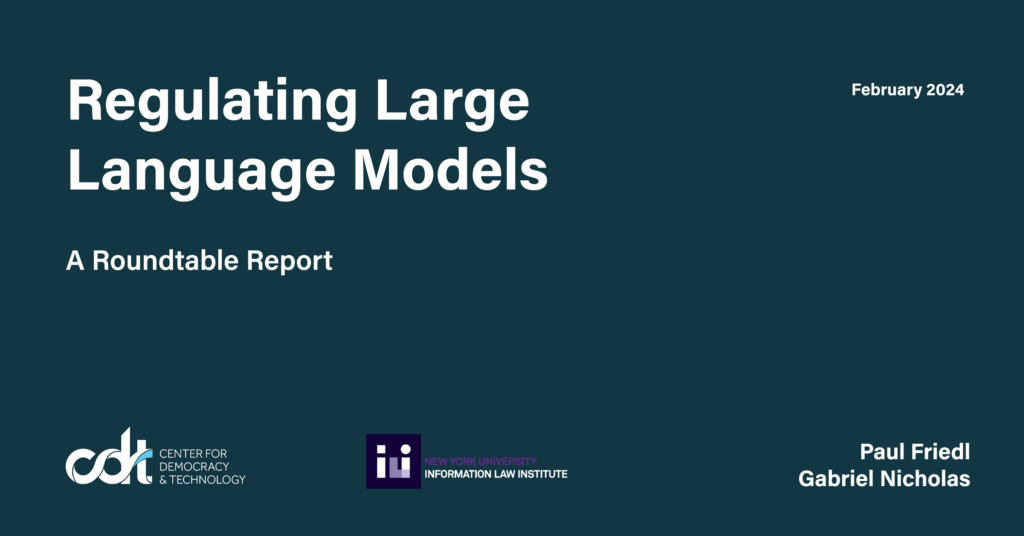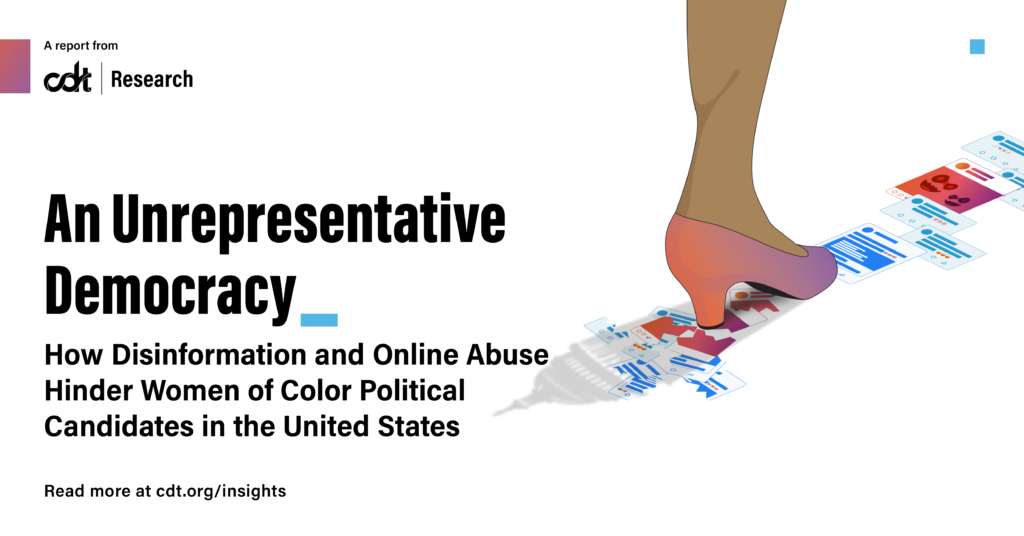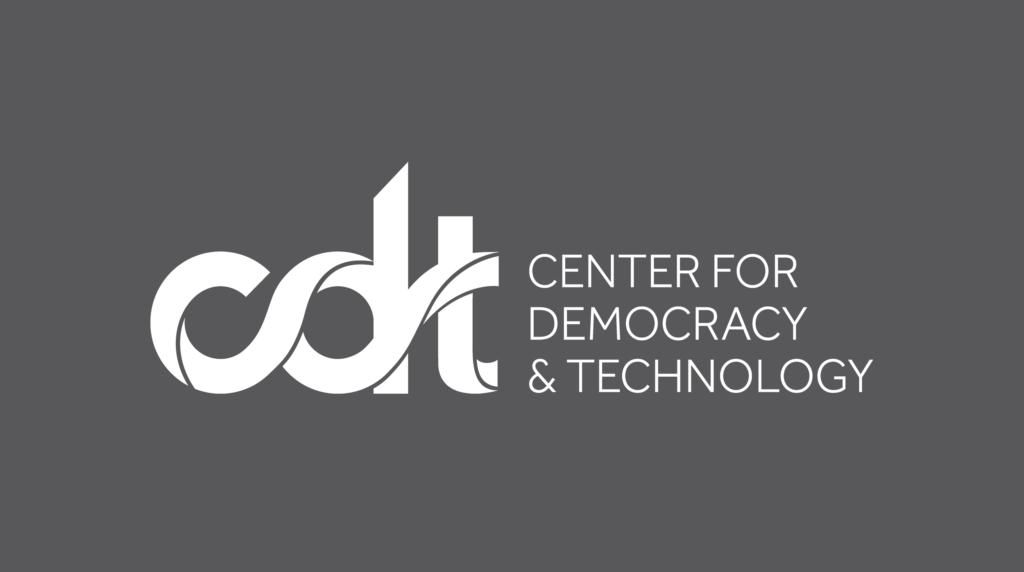CDT to Provide Digital Access to All Research Report Citations
Today, we are announcing that CDT will now provide digital access to the bibliographic citations associated with our research reports. As researchers, our work goes beyond knowledge creation alone, to providing tools that help the broader public engage with our work. Adding this new resource lets us more easily direct readers to our sources. Offering digital access to bibliographic files is also a good practice to adopt, as it is fairly common among journals and others who publish research online.
One of the goals of CDT research is to share knowledge with the public. Making our reports available online as well as the other research assets we publish is one way we demonstrate commitment to this goal. For all previously published CDT research reports and for reports published in the future, references will be available as standalone BibTeX (.bib) or RIS (.ris) formatted files. We’ve placed download links at the very bottom of every report page (see image below.)

Providing this new resource is an addition to the way we currently present bibliographic information within our reports, and we think it will be more useful in this format. Once you import one of our .bib or .ris files into a reference management system you can use and re-use this subject specific collection of references to conduct further research on the subject or just have ease of access to a list of reputable sources on the topic.
If you are unfamiliar with reference management software and are now asking yourself questions about how you’ll open the new files, there are a number of tools to choose from, many of them with free or freemium offerings. Reference or bibliographic management software stores databases of bibliographic records which can be used to generate references for those records.
One of the reasons we are making this change is that while our research focuses on the policy and research communities, we recognize that members of the public may also be interested in traditional research assets. We have always shared research-related resources, where possible, to support the larger community working on or interested in similar topics. To date this has included the following four supplemental resources:
- The document repository of all government contracts that we analyzed in the report, “Legal Loopholes and Data for Dollars: How Law Enforcement and Intelligence Agencies Are Buying Your Data from Brokers.”
- The complete survey data set and survey instrument used for the report, “Shedding Light on Shadowbanning.” This nationally representative sample consisted of 1,205 social media users in the U.S. with results weighted based on age, race, and gender.
- Final prototypes of “interface-like” images simulating different designs for transparency reports on a hypothetical social media platform. These examples of what a transparency report might present were part of the research presented in the report, “This is Transparency to Me: User Insights into Recommendation Algorithm Reporting.”
- The complete codebook and code for the content analysis platform CDT developed for the report, “An Unrepresentative Democracy: How Disinformation and Online Abuse Hinder Women of Color Political Candidates in the United States.” The data set used for this report is available upon request.
We invite you to look through our resources and learn more. If you have questions about how to use this resource for your own research or have any other research-related questions, email us at [email protected].


